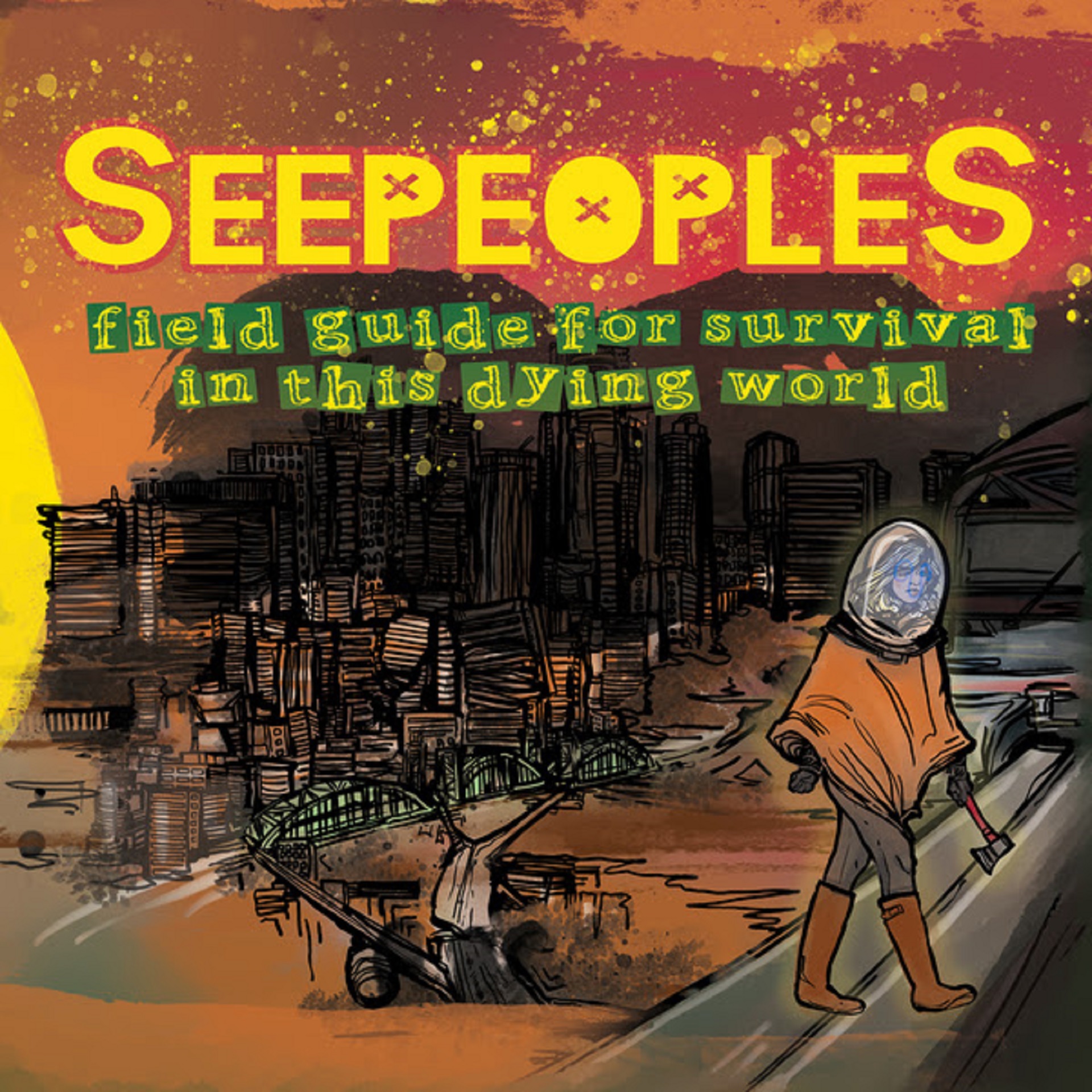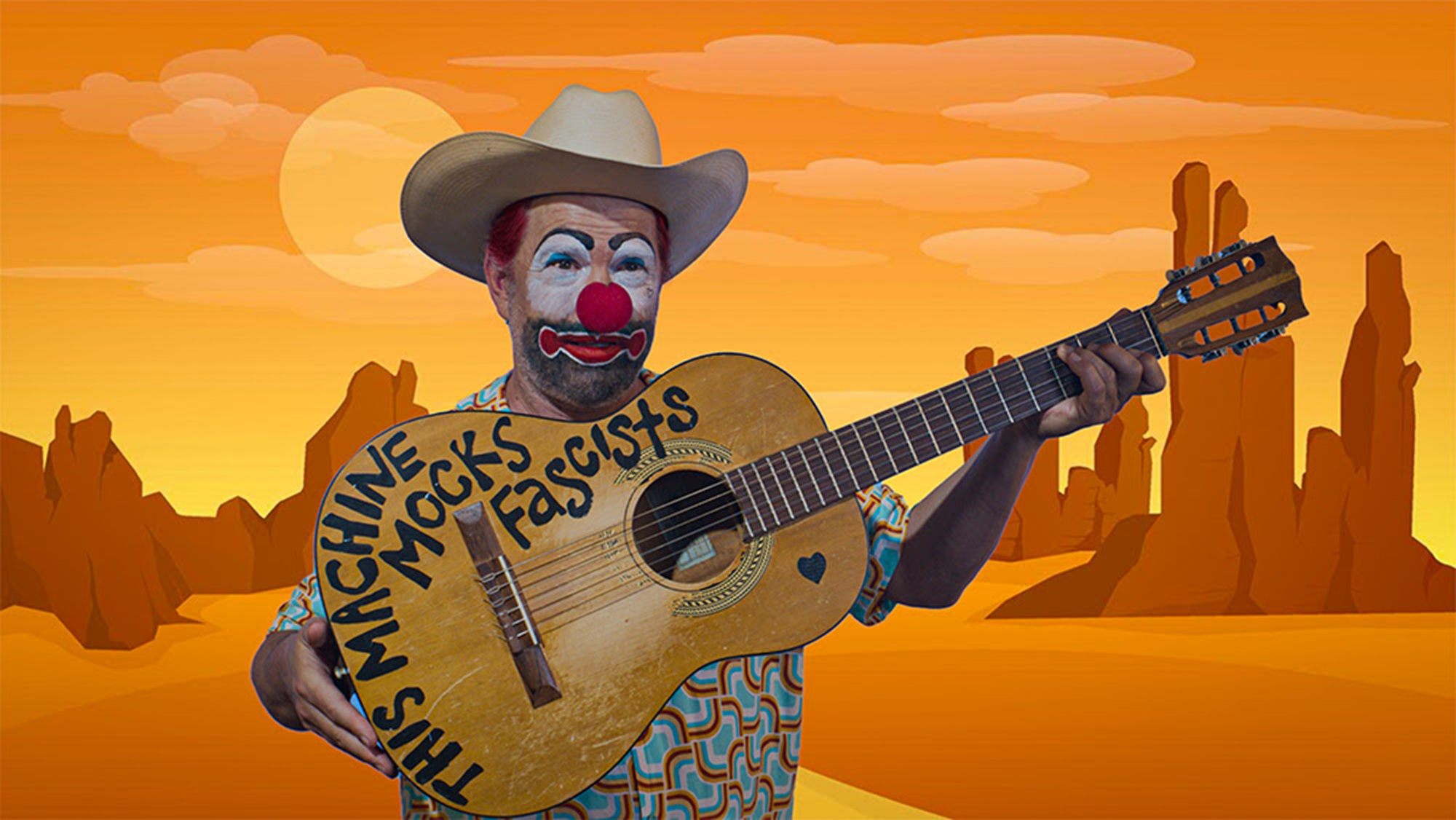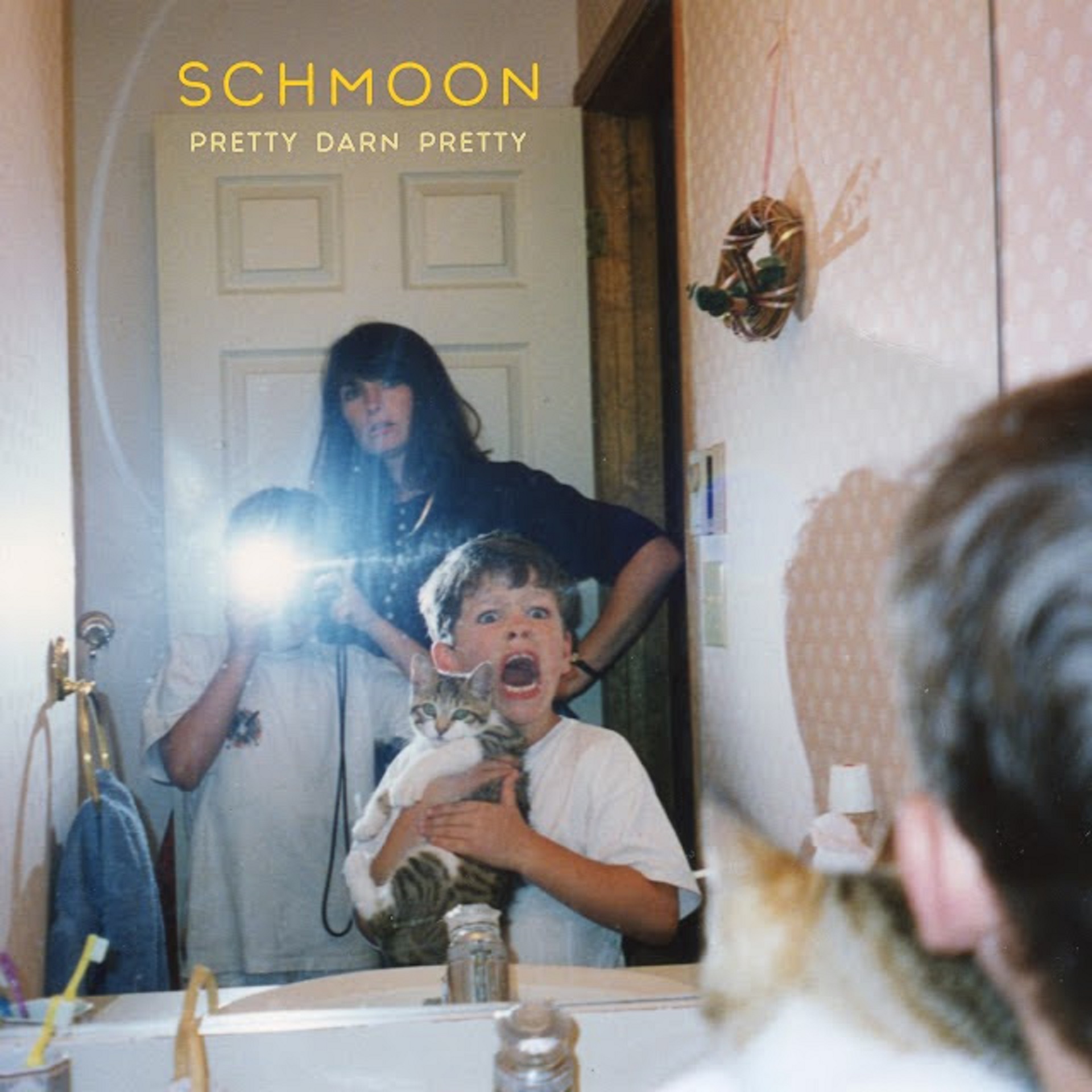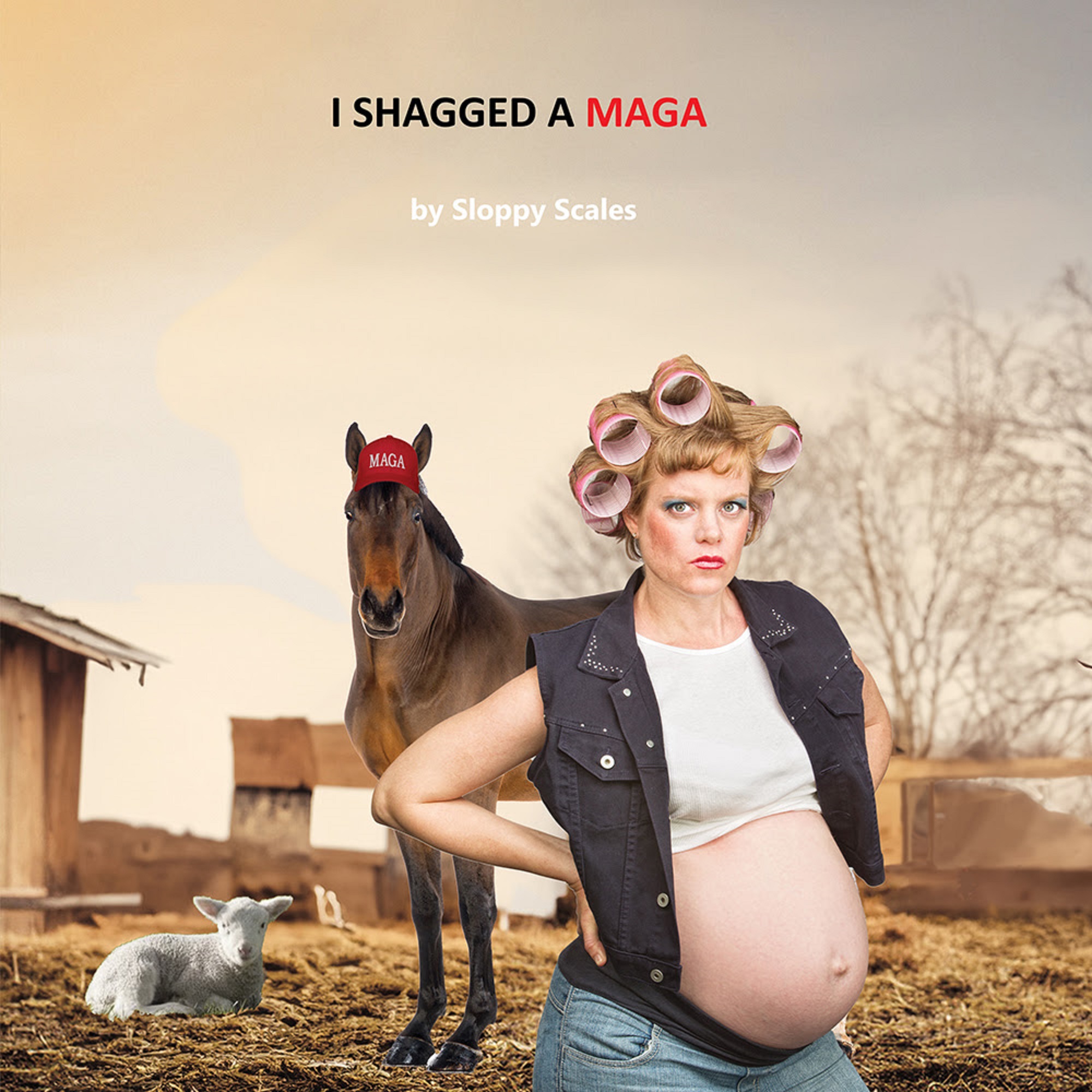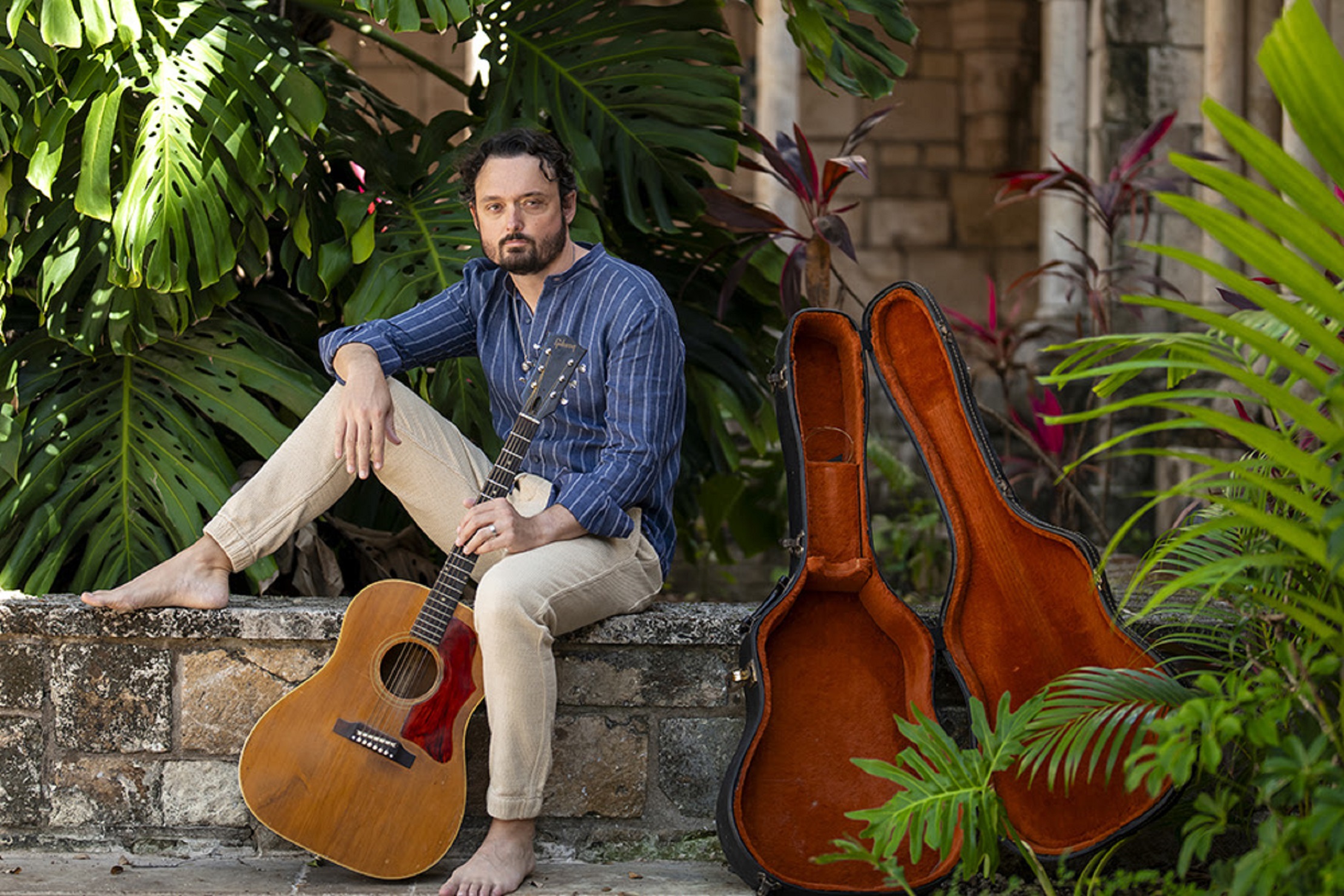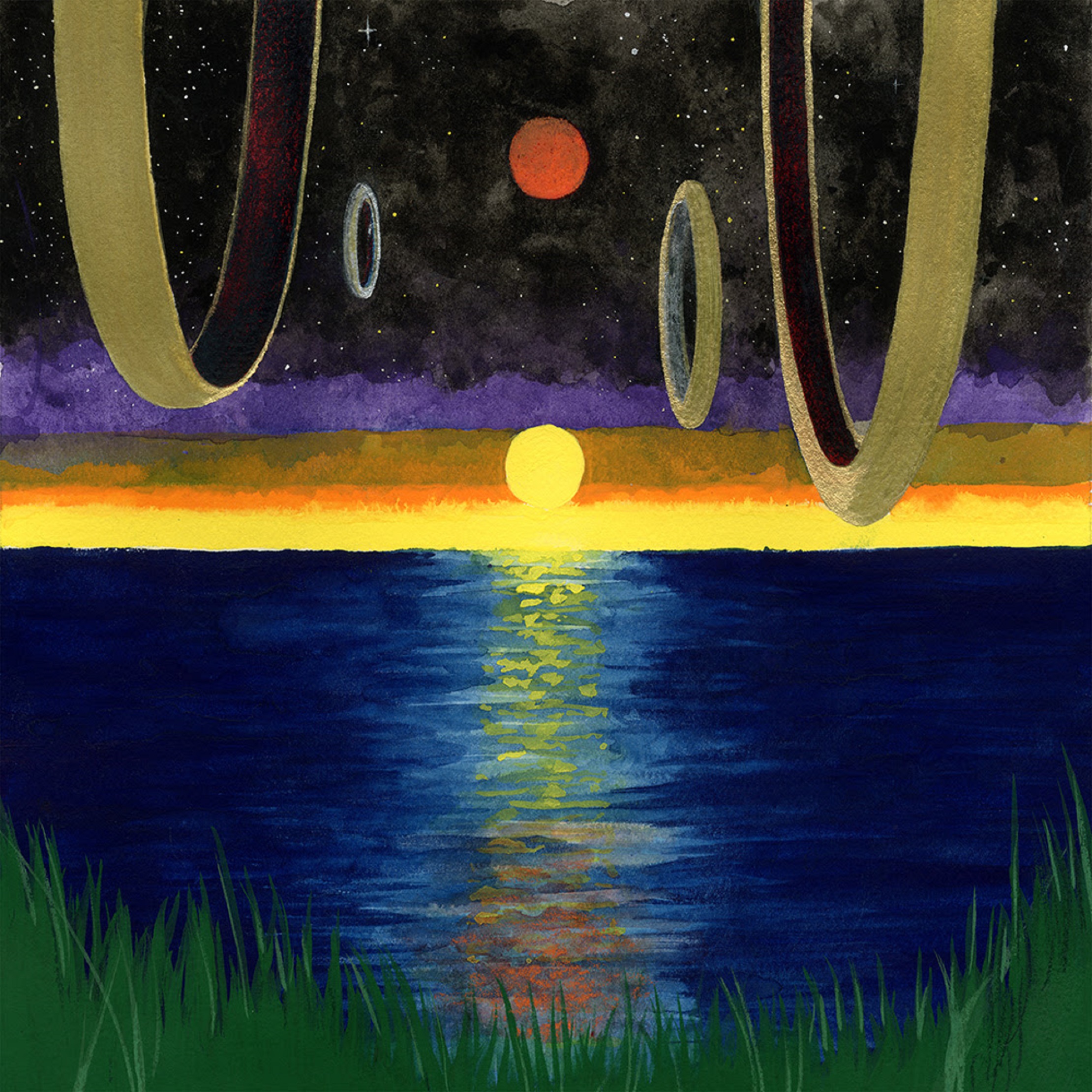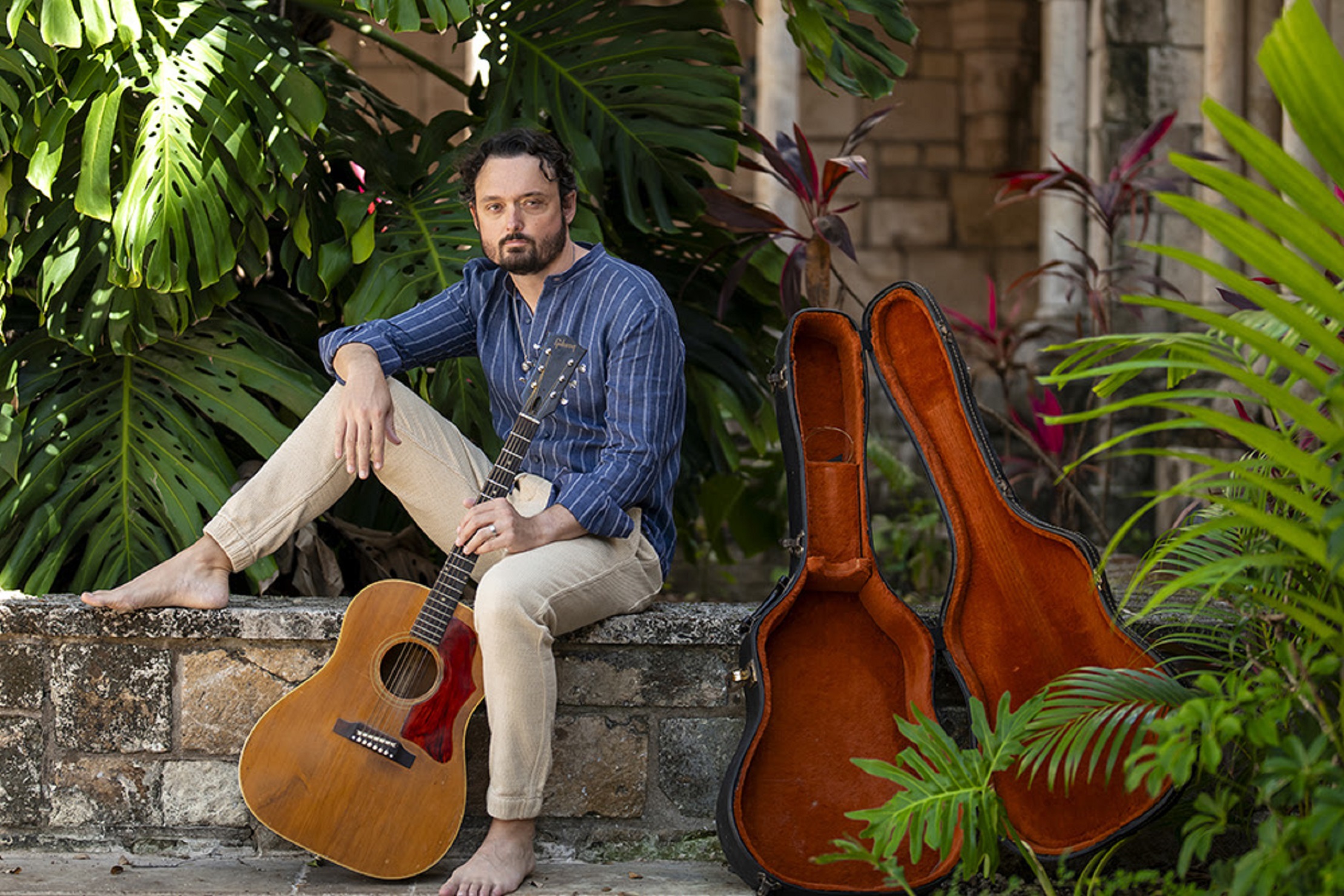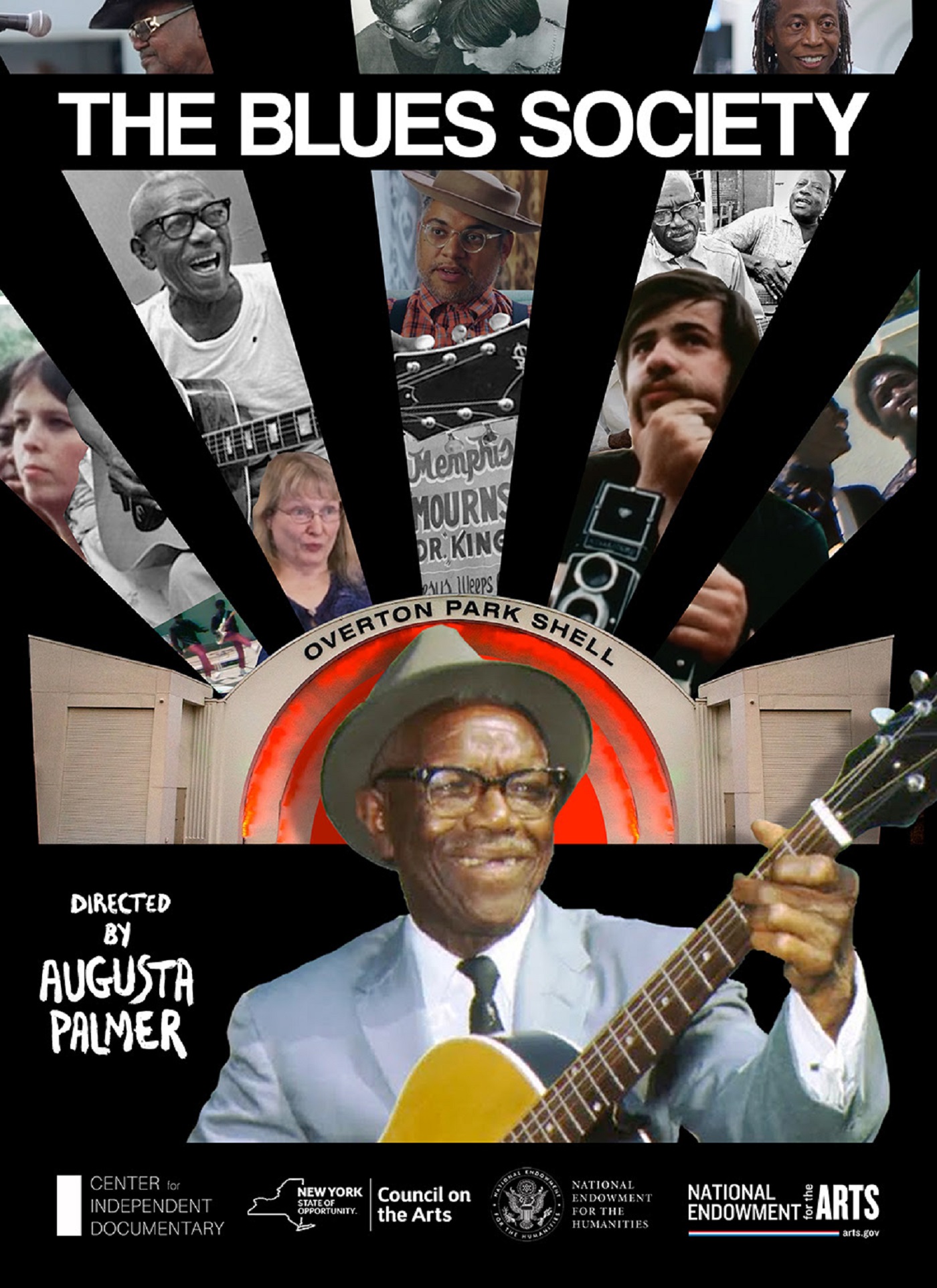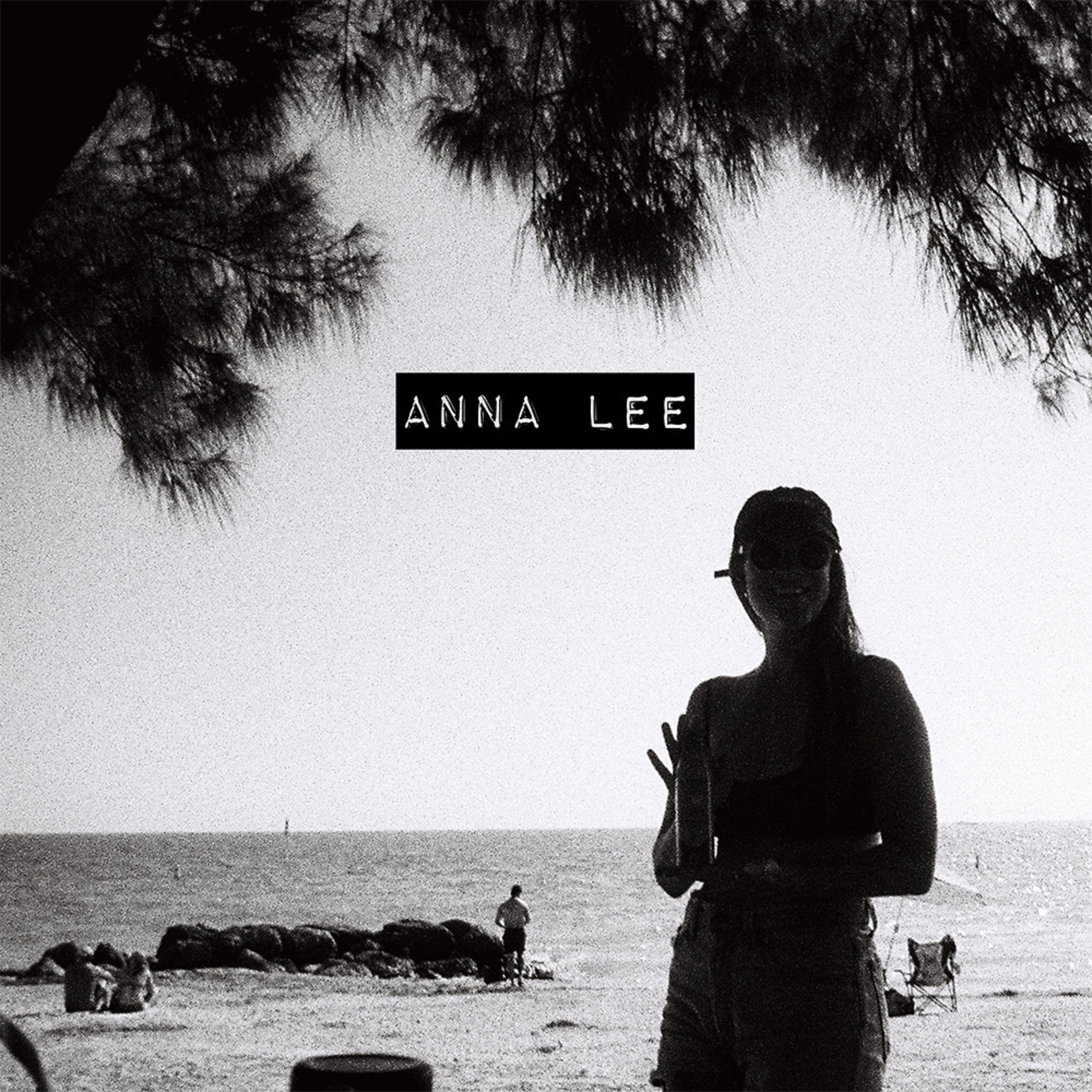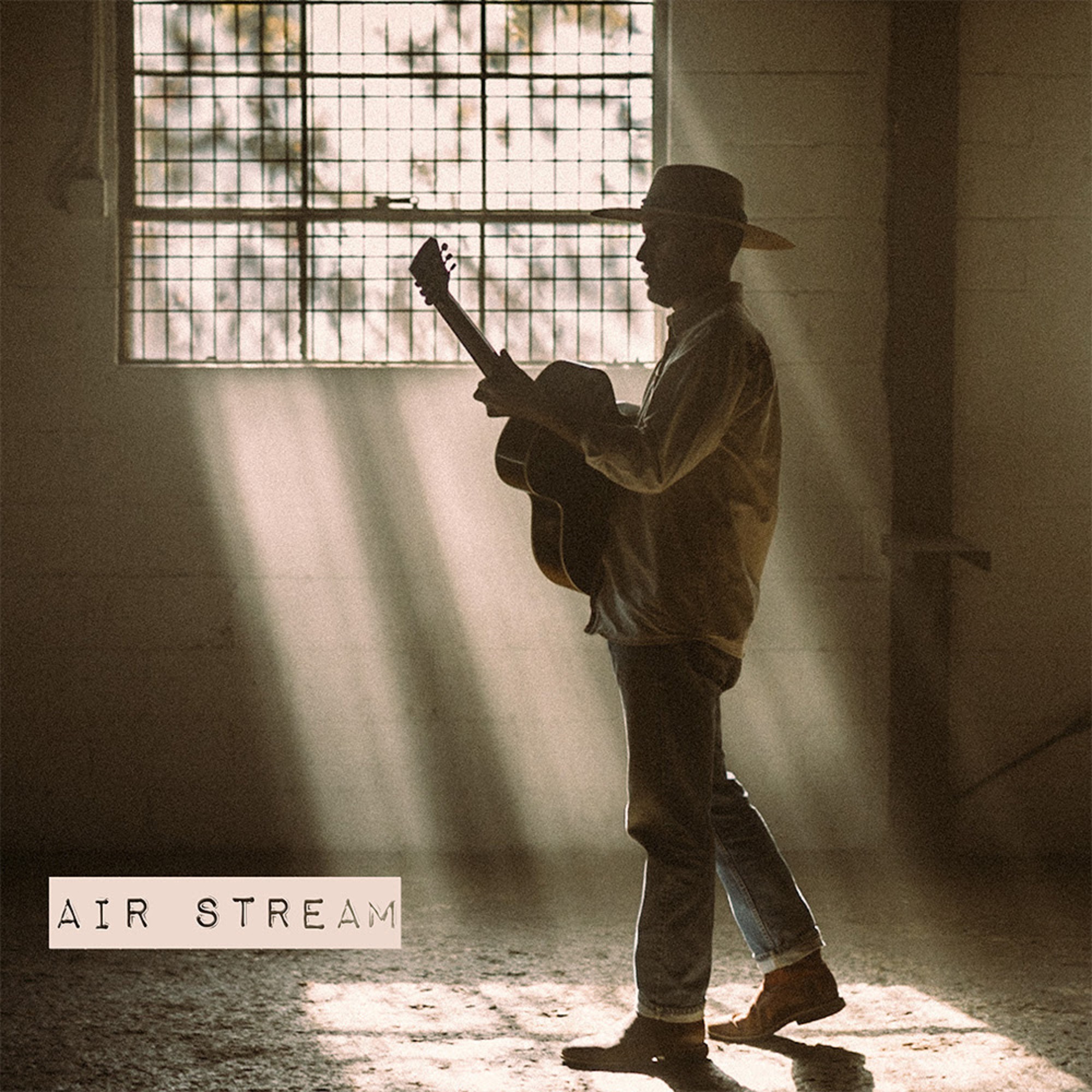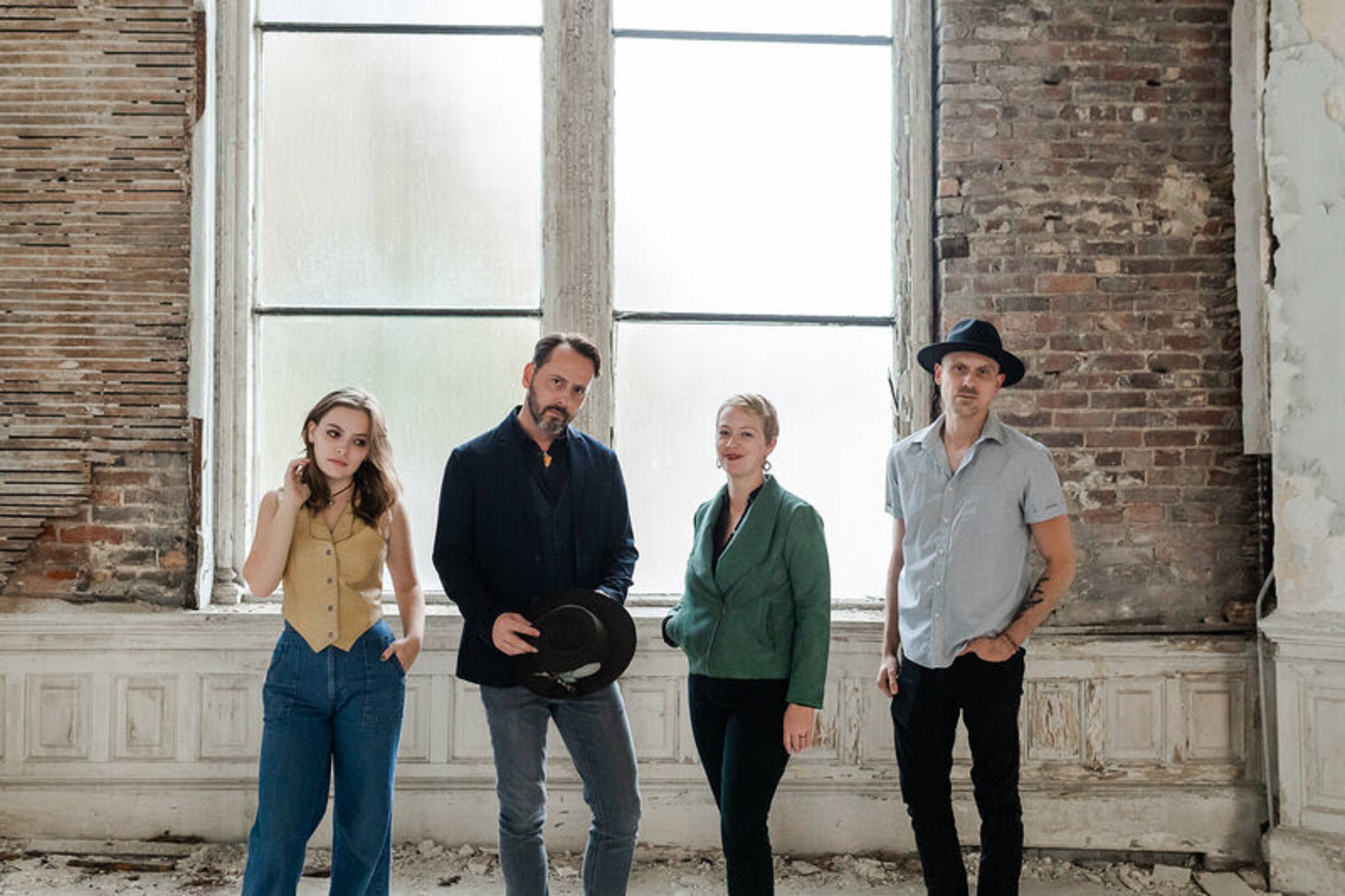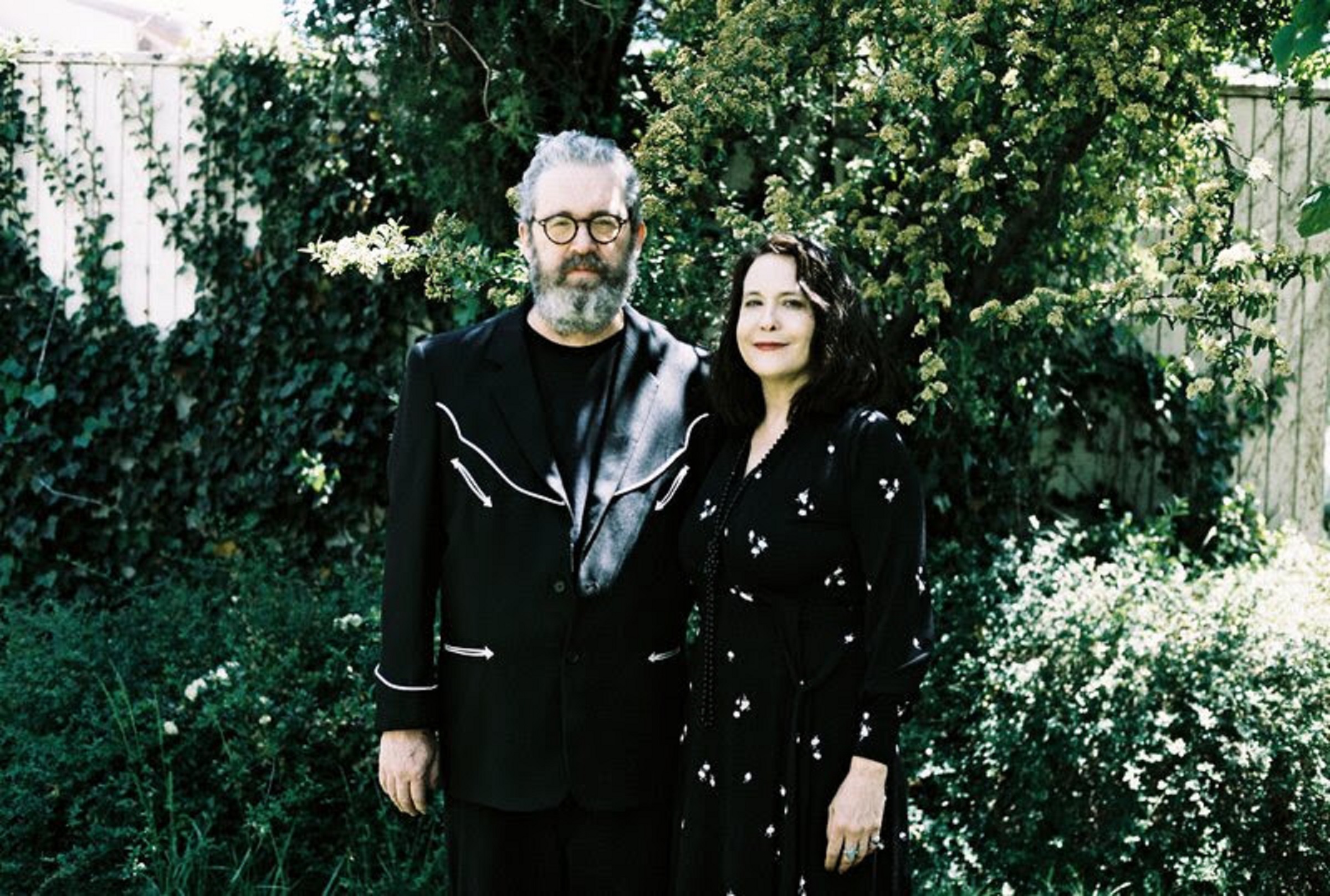Portland, Maine anti-genre act SeepeopleS are gearing up for the release of their sixth LP, Field Guide For Survival In This Dying World, out October 7th via frontman Will Bradford's own RascalZRecordZ. Since announcing the record, SeepeopleS have been steadily releasing singles, and today the group releases their latest, the shimmering indie-rock track, "Path of Least Resistance," on which Bradford explores the toll that navigating the pressure of modern life takes on us and while simply trying to find a way to live. "Path of Least Resistance" is out everywhere today.
Will Bradford is worried about the future. For 22 years, Bradford has toured the country as SeepeopleS’ bandleader, songwriter, and producer, bringing his defiant, politically-charged music to the masses, challenging audiences to question the world around them creating a community of misfits hellbent on speaking truth to power. Now, on Field Guide For Survival In This Dying World, Bradford has created an empathetic, emotionally intelligent collection of songs that serve as both a documentation of personal struggle and a companion in a world that seems edging closer to collapse.
“Everything I’ve written for SeepeopleS has been about how our world exists and breaks down around us,” says Bradford. “But if this world, our world, is ending, how do we survive it together?”
SeepeopleS’ music has always been characterized by Bradford’s staunch refusal to abide by genre conventions, and Field Guide For Survival In This Dying World continues in that spirit, though Bradford’s talent and decades of experience have allowed him to blend 90s inspired electro, expressive indie-folk, and avant-garde pop into something musically diverse yet wholly cohesive.
“It’s all about connection,” says Bradford. “I’ve always been making an effort to connect everything and everyone, that’s why there’s no genre for SeepeopleS. This is my one project that I’ll always have where I can incorporate everything I love and say whatever the hell I want.”
Bradford started working on Field Guide For Survival In This Dying World in 2017 and was set to release the album and embark on a 20th anniversary tour in 2020 when the COVID-19 pandemic hit and suddenly the end of the world seemed closer than ever. With plans for the anniversary indefinitely sidelined, Bradford continued to work on the album and, in an effort to foster a sense of community in isolation, decided to make Field Guide For Survival In This Dying World a collaborative effort. Teaming up with his longtime recording partner Will Holland (Pixies, Dead Can Dance, New Pornographers), Bradford performed more than a handful of instruments on the album, and pulled in a variety of collaborators including saxophonist and bass clarinetist Dana Colley (Morphine, Vapors Of Morphine), drummers Nikki Glaspie (Beyoncé, The Nth Power, Maceo Parker), Jerome Deupree (Morphine), and Dan Capaldi (Sea Level), bassists Ian Riley (Cadaverette) and Nate Edgar (The Nth Power, John Brown’s Body), guitarist Tim Reynolds (Dave Matthews Band), pedal steel guitarist “Cowboy” Eddie Long (Taylor Swift, ZZ Top, The Allman Brothers, Hank Williams Jr.), bassoonist Jason Ward (Rustic Overtones), upright bassist David Yearwood (Forêt Endormie, Snap! Thee Asparagus, HX Kitten), cellist Devon Colella (QUAD) and a murderers’ row of backing vocalists including Brooke Binion (theWorst), Courtney Peare, Griffin Sherry (The Ghost of Paul Revere) Sparxsea, who also performed flute to several tracks on Field Guide.
“One of the few good things about the pandemic was that it was really the first time, as musicians, that everyone had time off the road to reconnect with each other,” says Bradford. “I was so depressed at the time, having my friends come to the rescue and get me pumped about the record again was, creatively, exactly what I needed. Also, in some ways, the convenience of the world ending while we were already making an end of the world album, certainly helped motivate us to follow through on finishing this record, and ultimately, this statement”
“This Dying World,” serves as an overture to the album, a dark experimental-pop meditation on social collapse and anxiety for the future laced with pulsing vocals and expressive strings, setting the stage for both the musical and thematic throughlines that propel Field Guide For Survival In This Dying World. The following track, “Blink,” serves as a counter to the anxiety and impending doom of “This Dying World,” instead offering reassurance that suffering is only temporary.
Elsewhere, on the muted and shuffling bedroom-pop track “Shame,” Bradford examines the fear and pain of living in a country under constant threat of violence, where safety can not even be guaranteed in schools.
“I started writing ‘Shame’ right after Sandy Hook, when my son described the mass shooter drills they do at school,” says Bradford. “It’s all about what it means to be innocent and young and afraid, and how vulnerable to violence we are.”
Field Guide For Survival In This Dying World does not so much offer answers for the ills of modern life, as it provides reassurance that no one suffers alone. It is neither a bible nor a roadmap, but a present companion and a shoulder to lean on through trying times.





